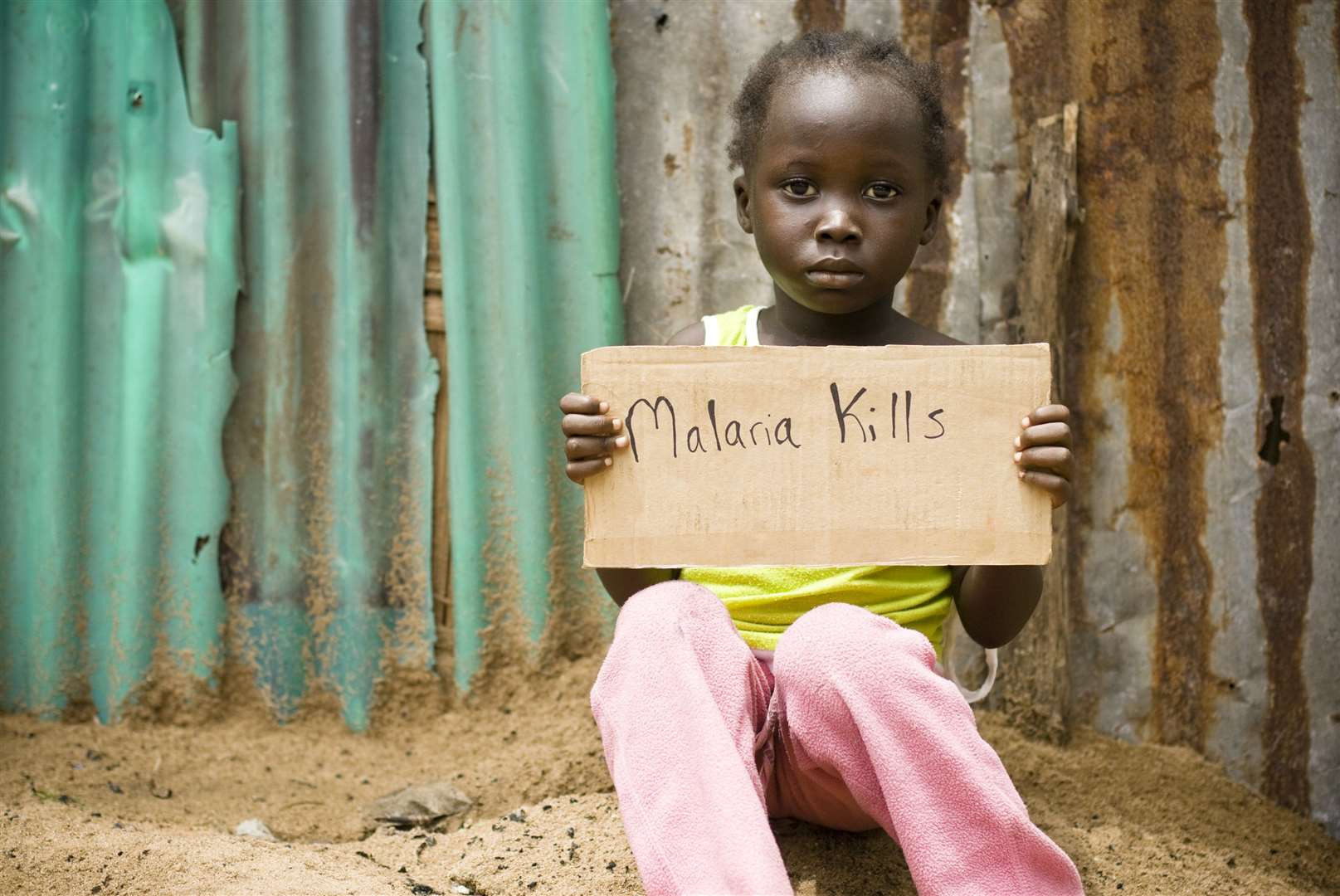
Malaria during COVID-19 could lead to tens of thousands additional deaths. (Photo: AFP)
Geneva, November 30 (RHC)-- Funding shortfalls and disruptions to treatment in sub-Saharan Africa as a result of the COVID-19 pandemic risk tens of thousands more lives being lost to malaria, the World Health Organization (WHO) warned in its annual report on the mosquito-borne disease on Monday.
The UN’s health agency said it was concerned that even moderate disruptions in access to treatment could lead to a “considerable loss of life.”
A 10-percent disruption in access to effective anti-malarial treatment in sub-Saharan Africa could lead to 19,000 additional deaths, the report found. That number rose to 46,000 with a 25-percent disruption in access and 100,000 at 50-percent disruption.
“Progress has stalled,” said Dr Matshidiso Moeti, WHO Regional Director for Africa. “COVID-19 threatens to further derail our efforts to overcome malaria, particularly treating people with the disease. Despite the devastating impact COVID-19 has had on African economies, international partners and countries need to do more to ensure that the resources are there to expand malaria programmes which are making such a difference in people’s lives.”
The WHO’s latest world report on malaria, which is preventable and treatable and mainly affects countries in Africa, shows progress against the disease had already slowed when the COVID-19 pandemic emerged earlier this year.
The World Health Organization said that in 2019, there were 229 million cases of malaria worldwide, an annual figure that has remained virtually unchanged over the past four years. Some 409,000 people died from the disease in 2019 compared with 411,000 in 2018.
In 2000, African leaders signed the landmark Abuja Declaration pledging to reduce malaria deaths on the continent by 50 percent over a 10-year period. The political commitment was coupled with a steep increase in domestic and international funding which helped reduce the continent’s death toll from malaria by 44 percent.
But funding shortages have led to gaps in access to malaria-control measures, the WHO said, and the shortfall in 2019 was $3 bilion compared with a target of $5.6 billion.
“A better targeting of interventions, new tools and increased funding are needed to change the global trajectory of the disease and reach internationally-agreed targets,” the WHO said.
COVID-19 has emerged as an additional challenge because while most malaria prevention campaigns, such as treated sleeping nets continued without delays, the pandemic makes it more difficult for people with malaria to access the treatment they need. According to the health agency’s projections, the 2020 global target for reductions in malaria case incidence will be missed by 37 percent and the mortality reduction target will be missed by 22 percent.
The WHO warns the world will miss targets on malaria incidence and deaths in 2020 [File: AFP]
As well as urging an increase in spending, the WHO notes that its “high burden to high impact” (HBHI) response, which began in 2018, could help reignite progress.
The 11 countries following the strategy, 10 of them in Africa, have tailored their responses to the disease based on local data and intelligence.
Although the review is still in its early days, the report found deaths in the 11 countries participating in the scheme were reduced from 263,000 to 226,000 between 2018 and 2019. India reported reductions in cases and deaths of 18 percent and 20 percent respectively, over the last two years.
The report shows 21 countries have eliminated malaria over the last 20 years; of these, 10 countries have been officially certified as malaria-free by the WHO.

